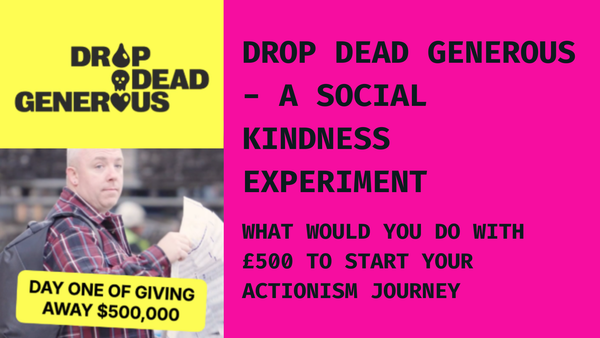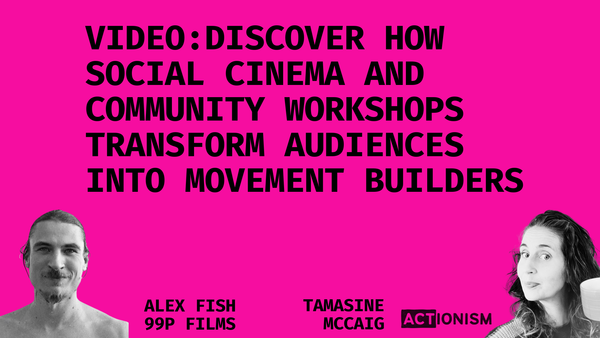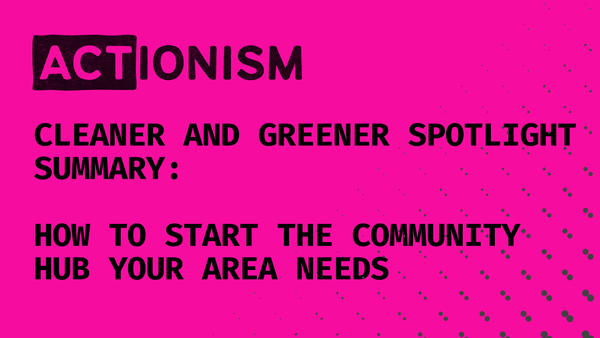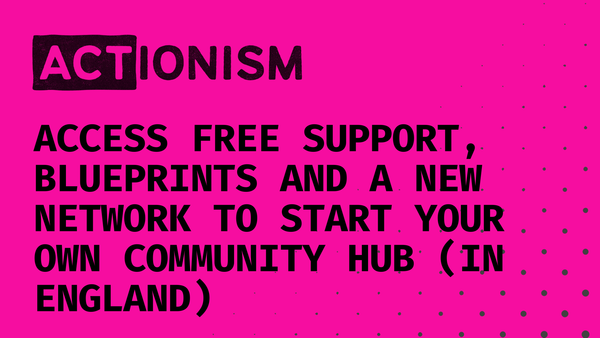From a balloon to global network
Through my interest in reducing waste at home, I came across an online directory of zero-waste initiatives. I had previously submitted new projects I’d discovered, so when I read about the party kit concept, it made sense to suggest party kit could be added to this directory.
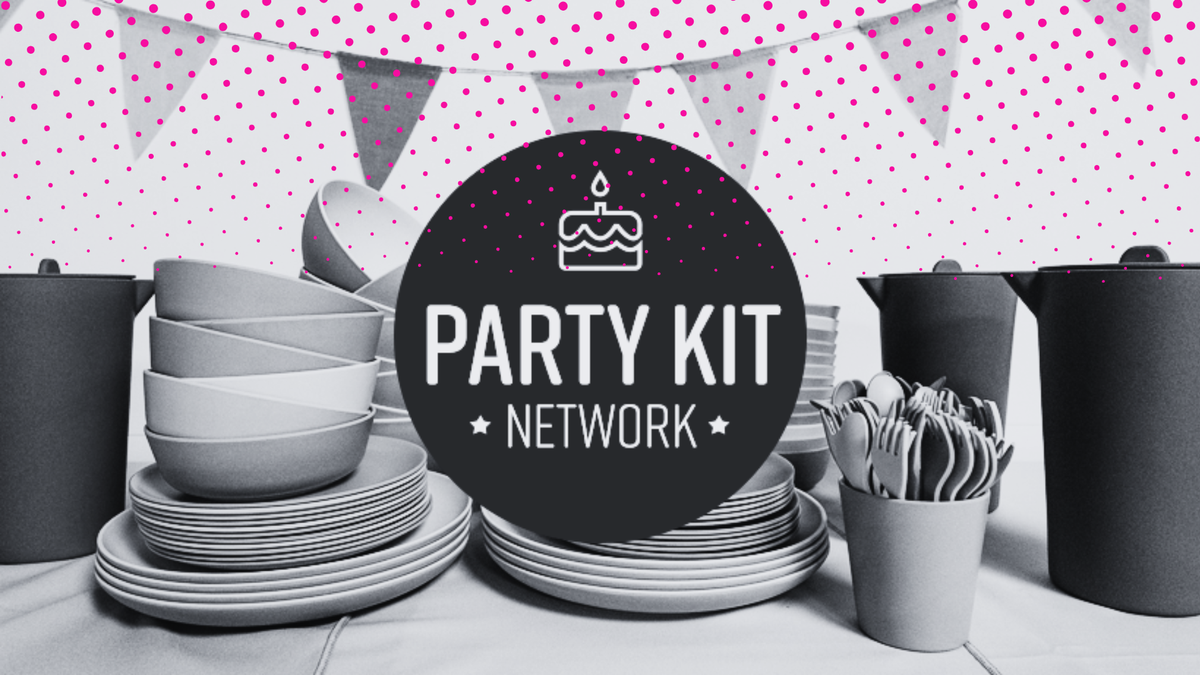
An interview with Isabel Mack
Finding the right people has been key. Jon Alexander’s book Citizens helped me reframe the challenges I was facing and articulate why this work can feel hard. Supportive spaces like the Re-Action Collective have been invaluable, offering fresh perspectives.
What problem did you see?
Parties are a magical time - an opportunity to step outside the everyday, try new activities, and, of course, eat lots of cake. But they’ve also become hugely wasteful. It’s cheap and easy to buy disposable tableware and decorations, only for them to end up in the bin at the end of the celebrations.
I started my own journey to reduce waste when my son was small, so I faced the upcoming years of children’s parties with a sense of trepidation. Then I stumbled across a podcast by Jen Gale, where she interviewed Tillie Mabbutt, who had set up a reusable party kit in Frome. The idea was beautifully simple: by sharing reusable tableware and decorations, we can easily avoid unnecessary waste at parties.
The solution made perfect sense to me - but how could I find out if there was a party kit near me? That one question started a journey I never could have imagined!
How did you start?
Through my interest in reducing waste at home, I came across an online directory of zero-waste initiatives. I had previously submitted new projects I’d discovered, so when I read about the party kit concept, it made sense to suggest party kit could be added to this directory. I spoke to Dian, the website founder, and we agreed I would help by putting together a spreadsheet of party kits. I set about crowdsourcing the information by posting in local plastic-free and parenting Facebook groups, asking people to help me find existing party kits. Then someone suggested we should have a Facebook group—so I set one up. As more and more people got involved, it felt like we needed our own website—so I built one. Within 5 months we had 250 party kits listed.
What did you find difficult when starting out?
It was an exciting time, but the speed of growth was overwhelming. I had worked reactively rather than following a plan. When the first lockdown began it felt devastating to pack away our party kits when we’d only just started. But it gave me an unexpected opportunity to step back, reflect on what we’d built, and consider what it should look like moving forward.
I registered the network as a community interest company, recruited a board of directors, and created a simple plan for what we wanted to achieve with the time and resources available to us. I also had the opportunity to partner with zero-waste author Erin Rhoads and together we launched the network in Australia.
What role has the community played in your journey?
The Party Kit Network wouldn’t exist without our community of members. There are 600 people, united by their passion for the party kit concept, who give up their time to run local party kits. I see their dedication every day. Our community spans counties, time zones, and continents. While I may never meet most of our members, I’ve seen the value they gain from being part of this network - the encouragement to get started and the ongoing support they offer each other. It really is joyful.
I’m very aware that my role within the community carries a lot of responsibility. It’s up to me to keep our space safe and positive. Early on, as we found our way, I spent time navigating conflict and setting the tone for how we engage with one another. Setting our core values has been really important.
It can be tough doing something new when it feels like everyone else is just carrying on as before - buying those Paw Patrol plates only to throw them away. I’ve noticed that people often start their party kit journey with excitement, but motivation dips when they struggle to connect with local users. I see it as my role to keep the mood upbeat, celebrate successes, and occasionally offer a dose of perspective.
Living more sustainably is a journey and not everyone is at the same stage. It’s important to acknowledge that and recognise that members have joined for a variety of reasons.
Sometimes, people just need someone to step up and make a decision. I learned this during the early days of the pandemic. I didn’t have all the answers, but I could share what I did know, helping to remove ambiguity for those unsure of what to do. I don’t always get it right, but making a decision and adjusting as you learn is okay.
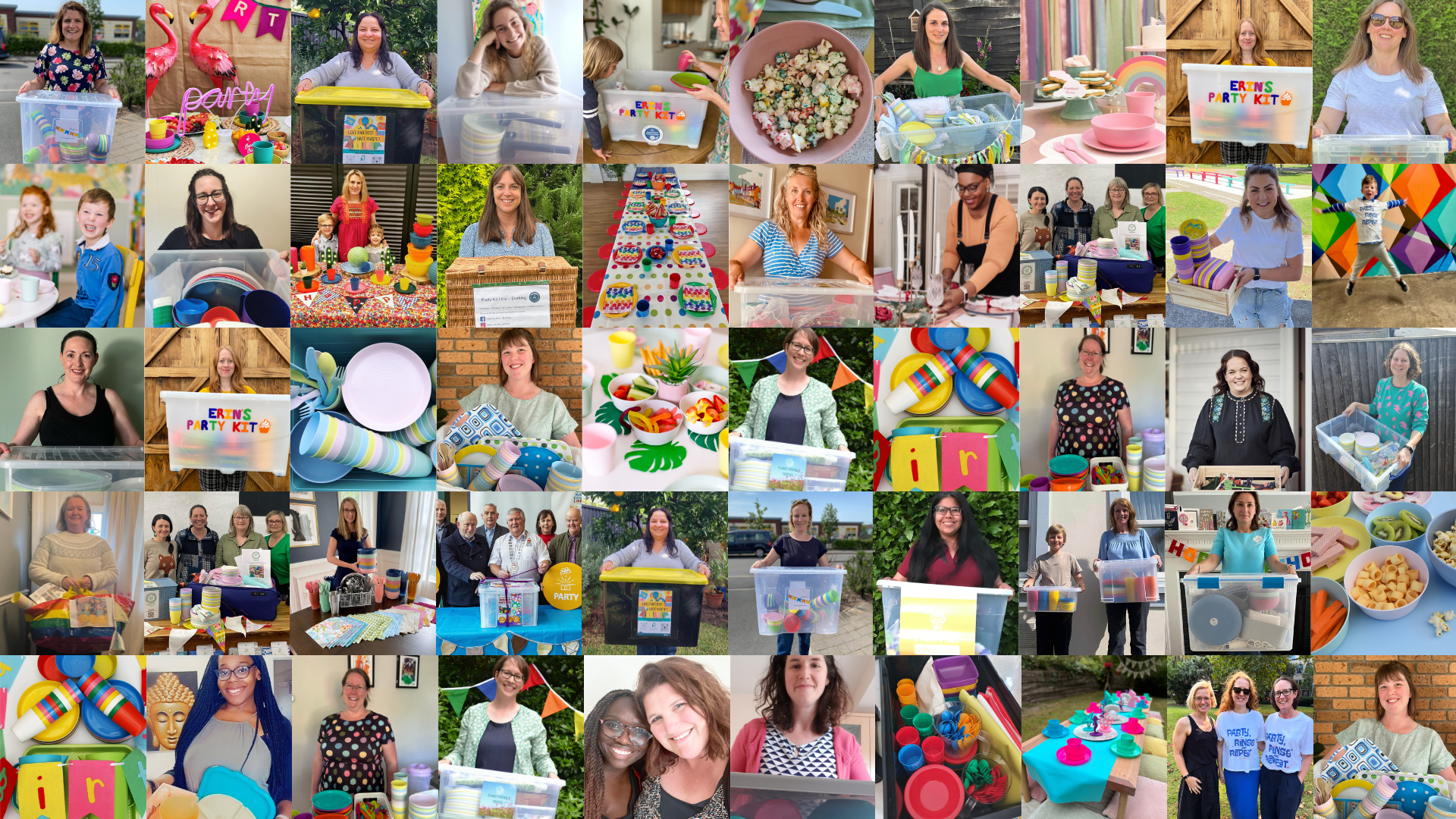
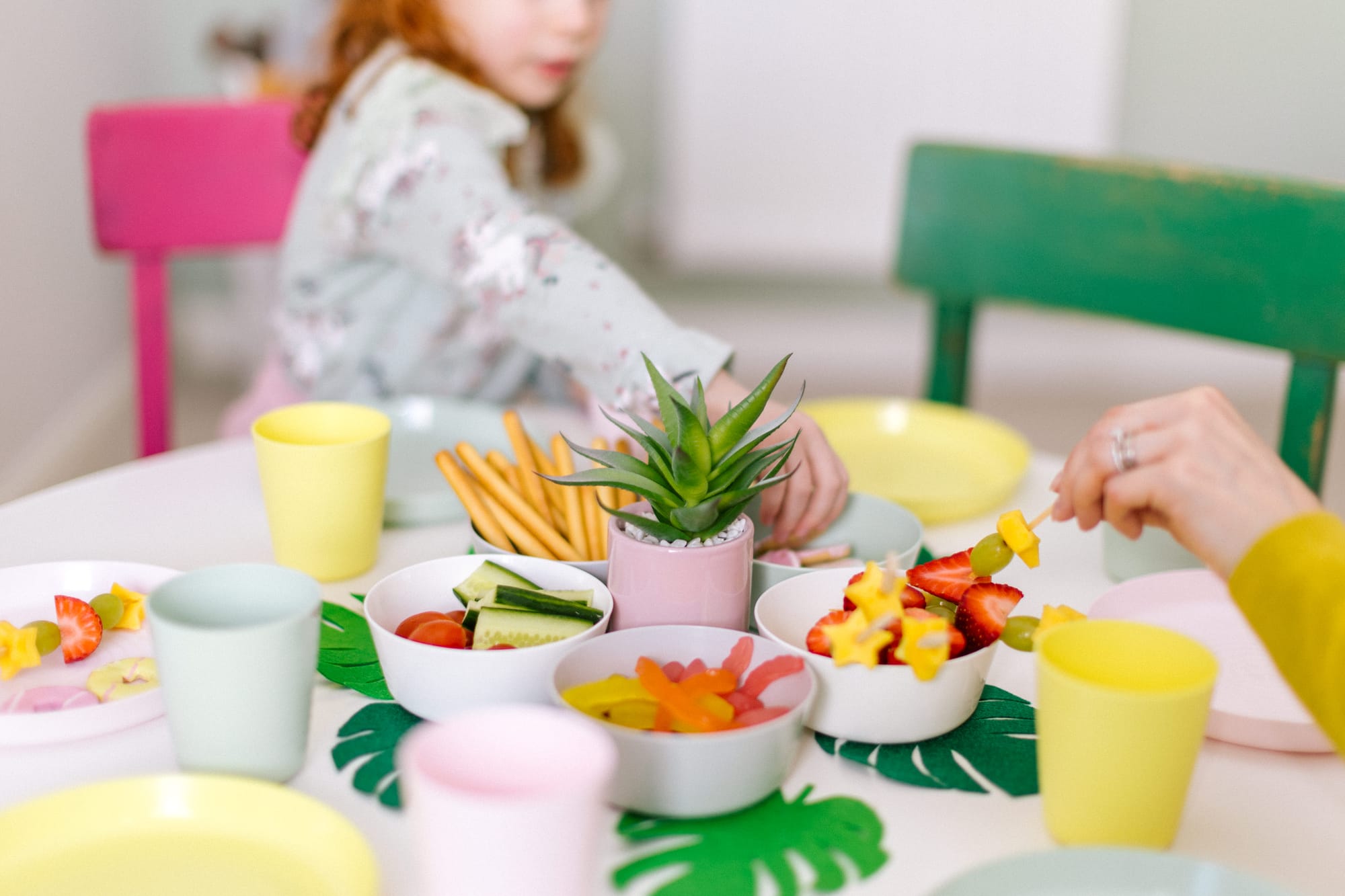
What have you learned that you wish you’d known before starting?
I wish I’d trusted my gut from the start. If something doesn’t feel right for your project or align with your values, don’t do it.
Working on mindset and resilience is an ongoing process. I’ve been fortunate to find support through programmes like Inspired Women Lead! and Accelerating Women’s Enterprise, which gave me space to reflect, build confidence, and connect with others. Working on something new, especially promoting a behaviour change, can be tough. But small sparks—a chat with a new member, a shared success, or a mention in a magazine—keep me going.
Finding the right people has been key. Jon Alexander’s book Citizens helped me reframe the challenges I was facing and articulate why this work can feel hard. Supportive spaces like the Re-Action Collective have been invaluable, offering fresh perspectives. I can’t overstate how valuable it is to be in a group where people truly understand my ambitions and challenges. Networking isn’t my favourite thing, but the right connections make all the difference.
Creating more community hubs will be such an important part of tackling the climate crisis and improving the quality of people’s lives and joyful celebrations should be part of that.
What is your vision for the future of your project?
We have already seen how using a party kit can act as a stepping stone for people to engage more with the wider sharing economy. As sharing and reuse become more commonplace, more and more people will look to use party kits.
Reuse solutions will become more mainstream, returnable cup schemes will gain traction, and food packaging will shift away from single-use. And the Party Kit Network will be here, ready to help more people make the shift to reusables at celebrations.
With the rise of community lending libraries, I think there will be a shift in our membership from individuals running party kits from their homes to more community-driven projects. Creating more community hubs will be such an important part of tackling the climate crisis and improving the quality of people’s lives and joyful celebrations should be part of that.

